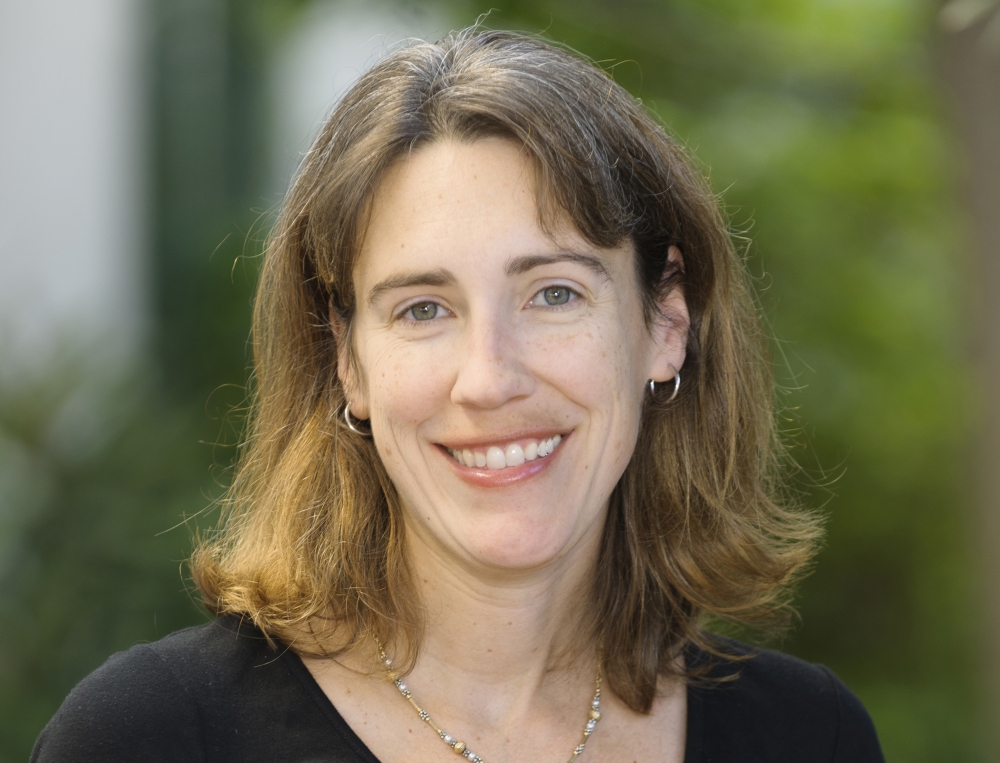
Above and Beyond
If Elizabeth Belding had her way, virtually anyone could get internet access anywhere, anytime, and particularly when they needed it most.
As one of the developers of the Ad hoc On-Demand Distance Vector (AODV) routing protocol, the UC Santa Barbara computer scientist devotes much of her work to creating the means for people to get online, even if they don’t have access to traditional wireless infrastructure. Belding has worked in and with communities all over the world — remote parts of Africa, refugee camps in the Middle East and rural Native American populations in the United States — to better understand and to improve internet accessibility and content relevance.
For her efforts in extending wireless networks beyond the urban landscape, Belding has now been recognized as one of 10 “Stars in Computer Networking and Communications” by N2Women, an organization of female researchers in the communications and networking research fields. She was selected from a large, international pool of candidates “who have had a major impact in networking and/or communications.”
“It is an honor to receive this award from the N2Women organization, for all of the work my students and I have done over the past two decades,” Belding said. “I look forward to continuing to make progress on broadening Internet access to those in the hardest to reach places.”
“This is a well-deserved recognition for Professor Belding, who is one of the top researchers in the world in mobile and wireless networking,” said Matthew Turk, chair of the UCSB Department of Computer Science. “She and her students in the MOMENT lab have made tremendous impacts both in networking technologies and in applications that directly benefit underserved communities in several countries. She is indeed a ‘star’ — in her research field, among the communities she has worked with and here on campus.”
Belding is the author of more than 140 technical papers on wireless networking and has served on more than 70 conference technical program committees. Early in her career, she received a National Science Foundation CAREER award and an MIT Technology Review 100 award. She has been designated a Distinguished Scientist by the Association for Computing Machinery, and is a Fellow in the Institute of Electrical and Electronics Engineers. Belding has also been recognized for her teaching prowess, earning the 2012 UCSB Outstanding Graduate Mentor Award and the 2015 National Center for Women in Technology Harrold and Notkin Research and Graduate Mentoring Award for her mentorship of graduate students.



